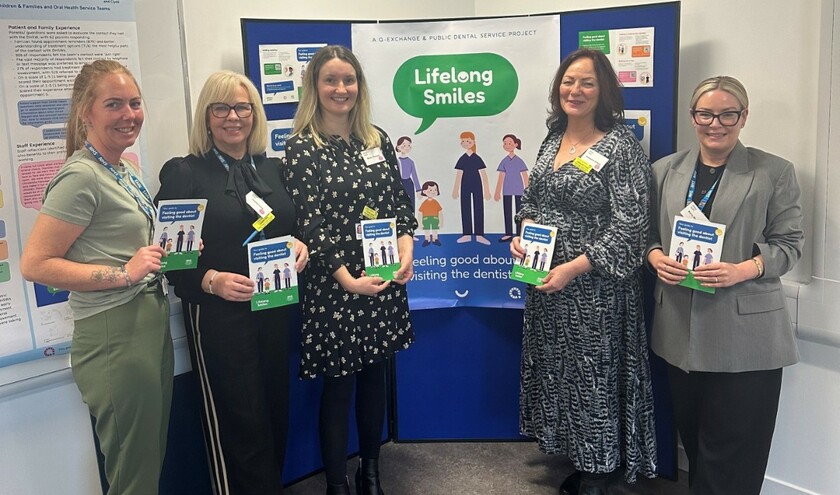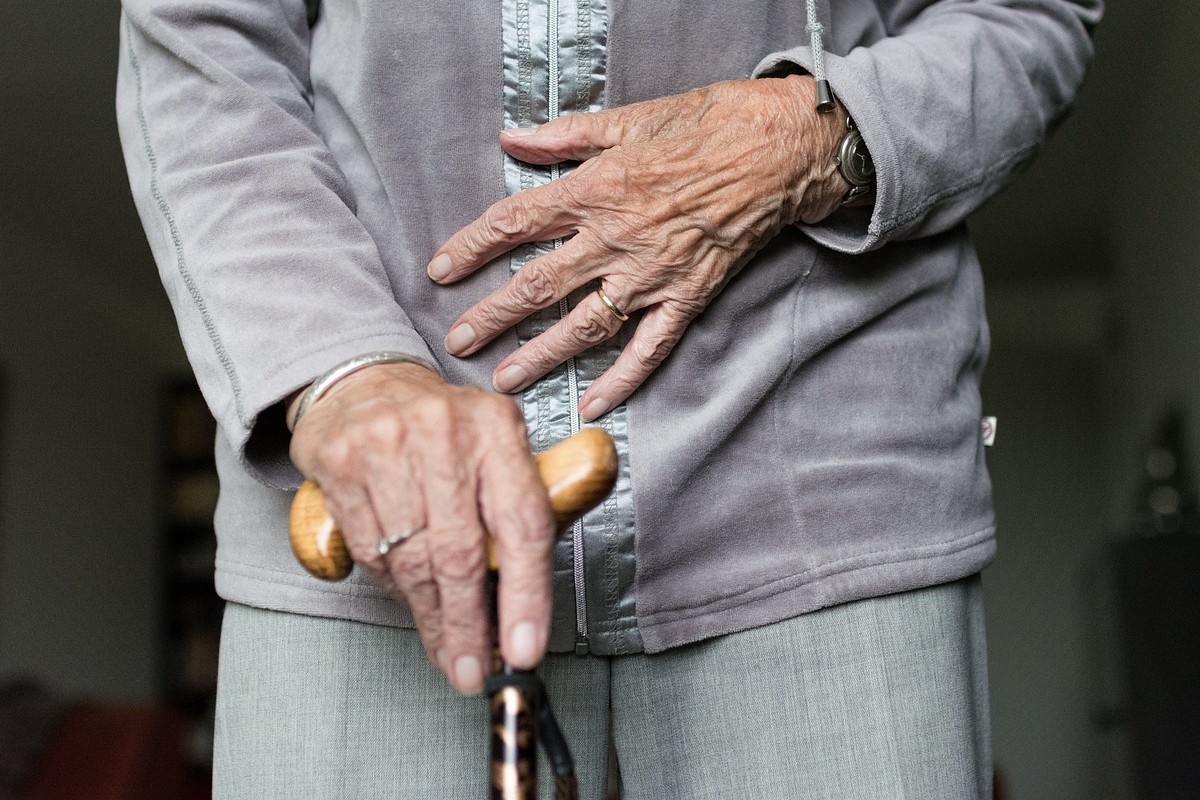The NHS Greater Glasgow and Clyde Oral Health Directorate have launched an initiative designed to improve patient attendance at dental service appointments and increase the number of patients opting for alternatives to general anaesthesia.
The collaboration between the Public Dental Service, Children and Families, and Oral Health Improvement teams aims to enhance patient and staff experiences while reducing appointment waiting times.
The Lifelong Smiles Programme will provide:
- Training for dental health support workers: A new training package has been developed to educate young people and families about various treatment options. This training includes practical elements and focuses on enhancing transferable skills such as active listening and collaborative decision-making with families.
- Improved access and engagement: Families will benefit from interactive sessions with team members at health centres, making it easier for them to access the care they need.
- Innovative information resources: To reduce dental anxiety and improve engagement, a package of information has been created for young people and families. This includes a series of four videos accompanied by written information, designed to prepare children and their parents or guardians for dental examinations, x-rays, and inhalation sedation.
Lisa Dorrian, general manager for the NHS Greater Glasgow and Clyde Health Directorate, said: ‘The Lifelong Smiles Programme was created following a project to improve communication between health and social care teams to support the identification and management of vulnerable families, as well as ensuring patients and families are better informed on the treatment options available for oral health.
‘When people don't attend appointments, it can result in a lack of understanding of the treatment required, options available, and what to expect.'
She added: ‘It is early days but in a test of change involving 115 patients, 60 patients chose alternative treatments. The programme aims to upscale these findings to improve attendance and increase the use of alternative treatments such as the Anaesthetic Wand, Inhalation Sedation, and Silver Diamine Fluoride.'
In addition, the programme aligns with NHS Greater Glasgow and Clyde's approach to Realistic Medicine, where shared decision-making and reducing medicine waste are key pillars.
Dr Jude Marshall, NHSGGC realistic medicine champion, said: 'Communicating effectively with patients to ensure they're aware of all options and potential outcomes is essential in Realistic Medicine, and that's exactly what is being offered here.
'The results from the test group are showing that patients engage well when the decision of their care is shared. Reducing non-attendance numbers will also have a positive impact on wastage too, from a staffing and treatment perspective.'



